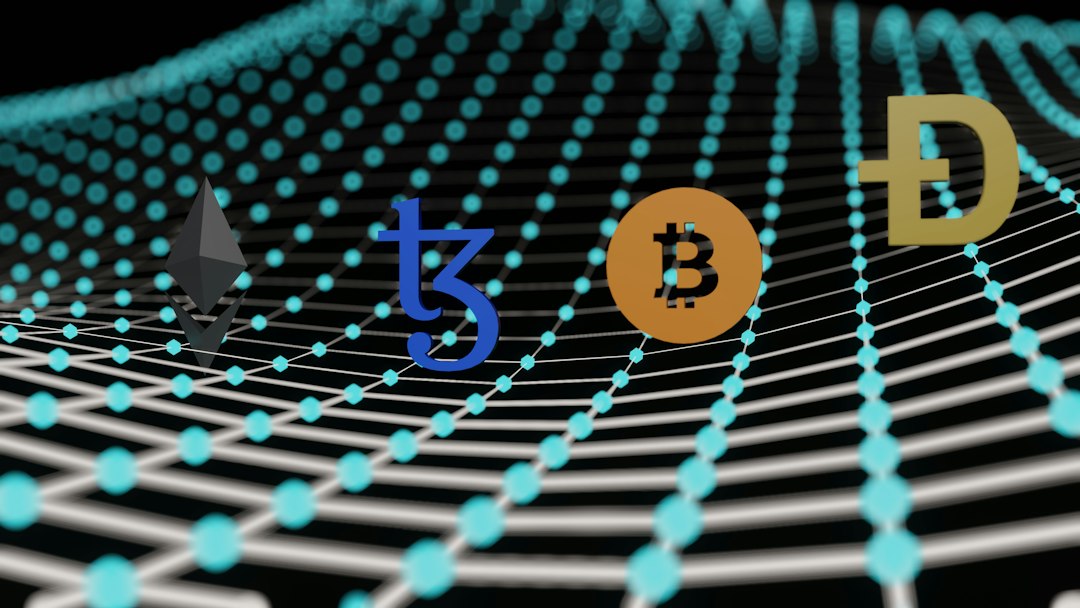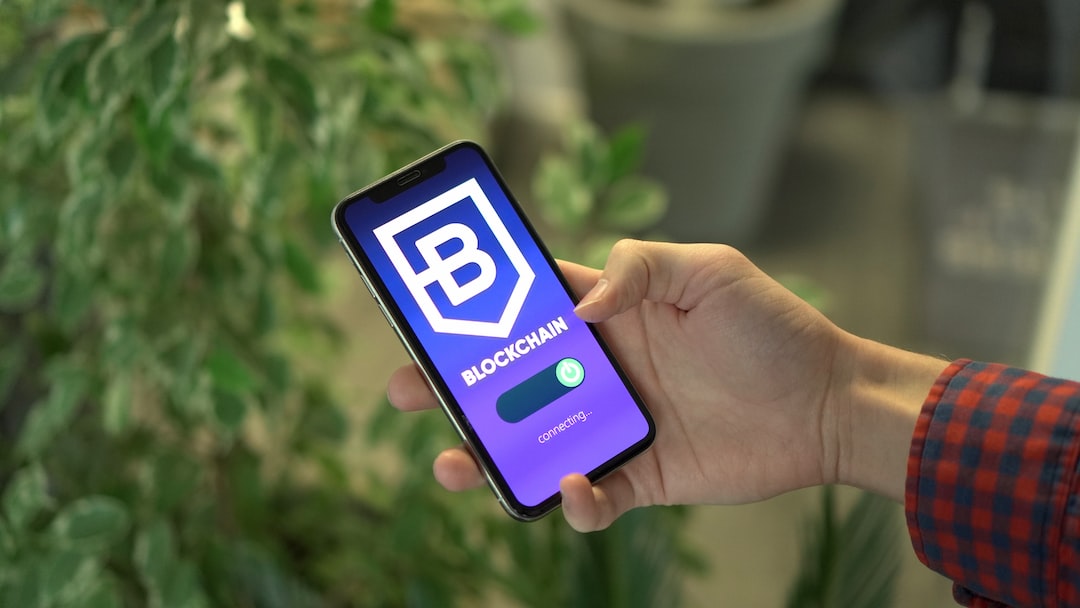Dencun Upgrade Successfully Implemented on Goerli Testnet
The Dencun upgrade, also known as “Cancun-Deneb,” has been successfully deployed on the Goerli testnet after a brief delay caused by a technical glitch. The upgrade encountered a hiccup that delayed its finalization, but Ethereum’s core developer confirmed the successful completion of the chain after quickly patching a bug.
Dencun Upgrade and Ethereum’s Cost-Effective Data Storage
The Dencun upgrade is a significant step in Ethereum’s plan to introduce cost-effective data storage on its main blockchain. This is part of a three-phase approach, with upcoming upgrades planned for the Sepolia and Holesky testnets. Testnets like Goerli play a crucial role in testing applications and upgrades before they are implemented on mainnets.
Enhancing Data Availability and Reducing Transaction Costs
The implementation of Dencun on the mainnet will bring several benefits. Its core feature, “proto-danksharding,” will enhance data availability and reduce transaction costs for layer-2 blockchains like Optimism and Polygon zkEVM. These networks have faced limitations due to high data costs. Dencun will also introduce new features for bridges and staking pools, while placing restrictions on self-destruct operations.
Addressing Delays and Future Testing Milestones
The initial delay in launching Dencun was caused by a bug in the Prysm implementation. However, the issue was promptly resolved by the development team. The next milestones for testing include implementation on the Sepolia testnet on Jan. 30 and the Holesky testnet on Feb. 7. The deployment date for the upgrade on the mainnet has yet to be announced.
Hot Take: The Impact of Dencun on Layer-2 Networks
With the eventual deployment of the Dencun upgrade on the Ethereum mainnet, which layer-2 network do you think will benefit the most? Share your thoughts and opinions in the comments section below.





 By
By

 By
By
 By
By

 By
By